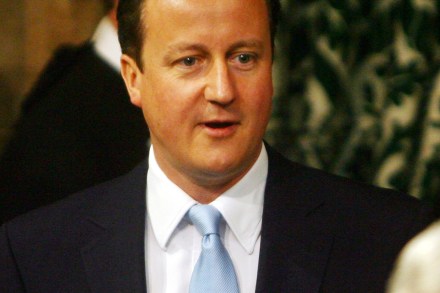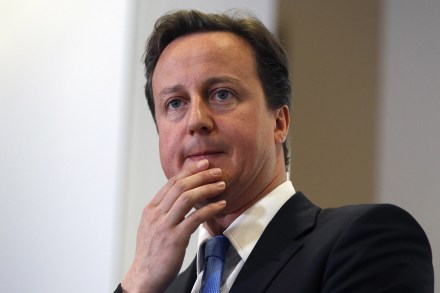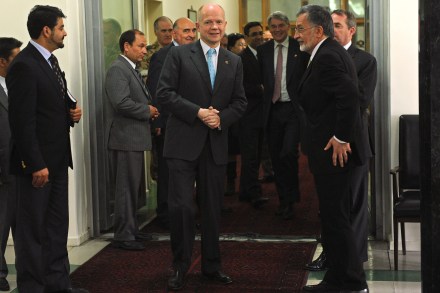Tactical considerations over the timing of the AV referendum
A referendum on AV was the concession that Nick Clegg felt he needed to get a coalition deal with the Tories past his party. But the referendum poses obvious dangers to the coalition, just imagine the sight of Nick Clegg and the leader of the Labour party sharing a platform to denounce the Tories’ ‘reactionary’ opposition to electoral reform. The Guardian this morning reports that the Lib Dems are pushing for this referendum to take place in May 2011 at the same time as the Scottish and Welsh elections. There is, as the article notes, a huge benefit to the Lib Dems in getting this referendum in early before


















